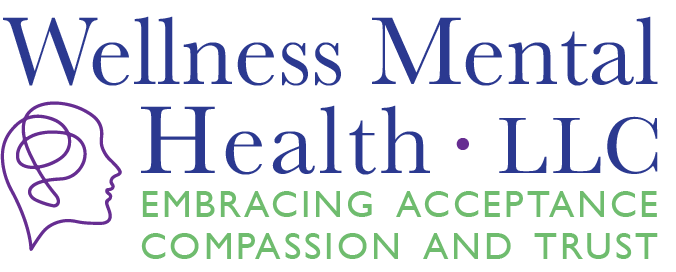Depression
 Depression is a complex and challenging mental health condition that affects millions of people worldwide. It can manifest in various ways, impacting a person’s mood, thoughts, behavior, and overall well-being. Here are some common symptoms of depression:
Depression is a complex and challenging mental health condition that affects millions of people worldwide. It can manifest in various ways, impacting a person’s mood, thoughts, behavior, and overall well-being. Here are some common symptoms of depression:
- Persistent Sadness: Feeling consistently sad, empty, or hopeless for extended periods, often without a clear cause or trigger.
- Loss of Interest: Losing interest or pleasure in activities that were once enjoyable, including hobbies, social interactions, or work-related tasks.
- Changes in Appetite or Weight: Significant changes in appetite, leading to either weight gain or weight loss. This can be accompanied by irregular eating patterns or comfort eating.
- Sleep Disturbances: Insomnia (difficulty falling or staying asleep) or hypersomnia (excessive sleeping) are common in depression. Some individuals may also experience disrupted sleep cycles or early morning awakening.
- Fatigue and Low Energy: Feeling constantly tired, lethargic, or lacking energy, even after adequate rest or sleep.
- Feelings of Worthlessness or Guilt: Experiencing intense feelings of worthlessness, self-blame, or guilt, often over minor issues, or past events.
- Difficulty Concentrating: Trouble focusing, making decisions, or remembering things. This can interfere with work, school, or daily responsibilities.
- Irritability or Restlessness: Feeling easily irritated, agitated, or restless, even in situations that wouldn’t typically provoke such reactions.
- Physical Symptoms: Some people with depression may experience unexplained physical symptoms like headaches, digestive issues, or body aches.
- Thoughts of Death or Suicide: In severe cases, depression can lead to recurrent thoughts of death, dying, or suicidal ideation. It’s crucial to seek immediate help if these thoughts arise.
 Effective treatment for depression often involves a combination of therapy, medication, and lifestyle changes. Therapy, such as the services offered by Wellness Mental Health LLC, plays a vital role in helping individuals understand and manage their depression. Here’s how they might help:
Effective treatment for depression often involves a combination of therapy, medication, and lifestyle changes. Therapy, such as the services offered by Wellness Mental Health LLC, plays a vital role in helping individuals understand and manage their depression. Here’s how they might help:
- Cognitive-Behavioral Therapy (CBT): This type of therapy focuses on identifying and changing negative thought patterns and behaviors that contribute to depression. It helps individuals develop coping strategies and problem-solving skills.
- Mindfulness-Based Approaches: Techniques like mindfulness meditation and relaxation exercises help individuals manage stress, reduce rumination, and improve overall well-being.
- Supportive Counseling: Providing a safe and supportive environment where individuals can express their feelings, process difficult emotions, and receive validation and encouragement.
- Medication Management: Collaborating with psychiatrists or healthcare providers to ensure clients receive appropriate medication if needed and monitoring their response and side effects.
- Psychoeducation: Educating clients and their families about depression, its symptoms, triggers, and effective coping strategies. This will empower individuals to take an active role in their treatment.
 Wellness Mental Health LLC, offers a personalized approach tailored to each individual’s needs and preferences. We integrate various therapeutic techniques and modalities to help clients navigate their depression and work towards improved mental health and well-being.
Wellness Mental Health LLC, offers a personalized approach tailored to each individual’s needs and preferences. We integrate various therapeutic techniques and modalities to help clients navigate their depression and work towards improved mental health and well-being.
